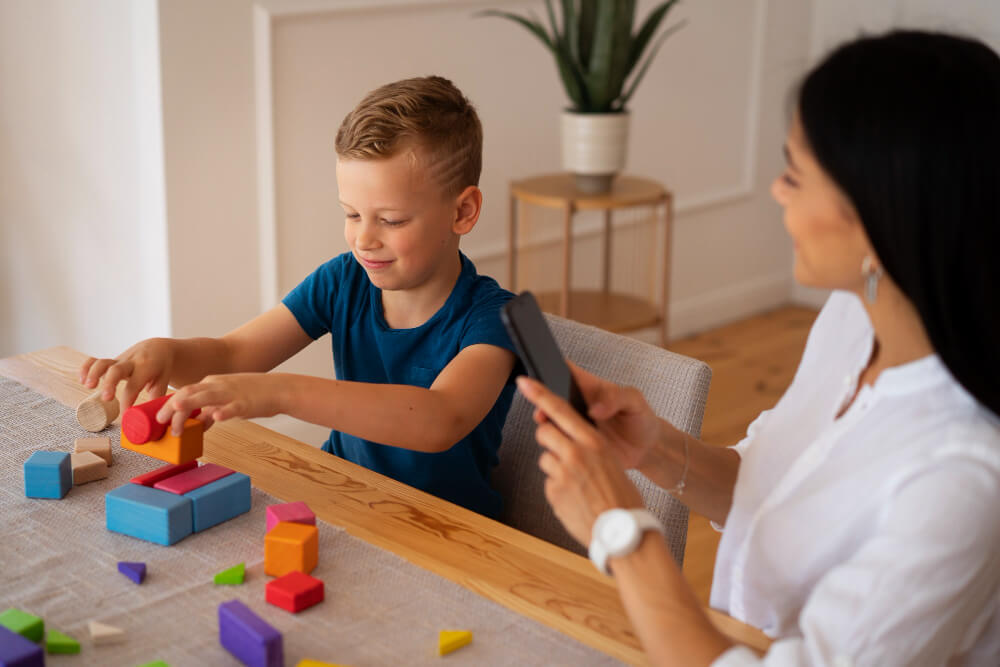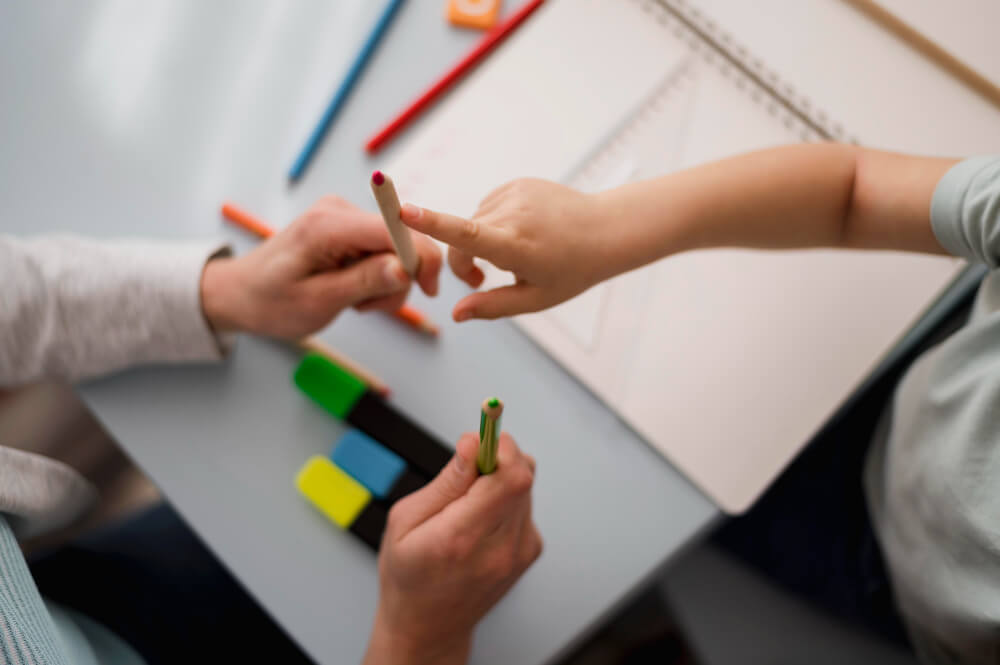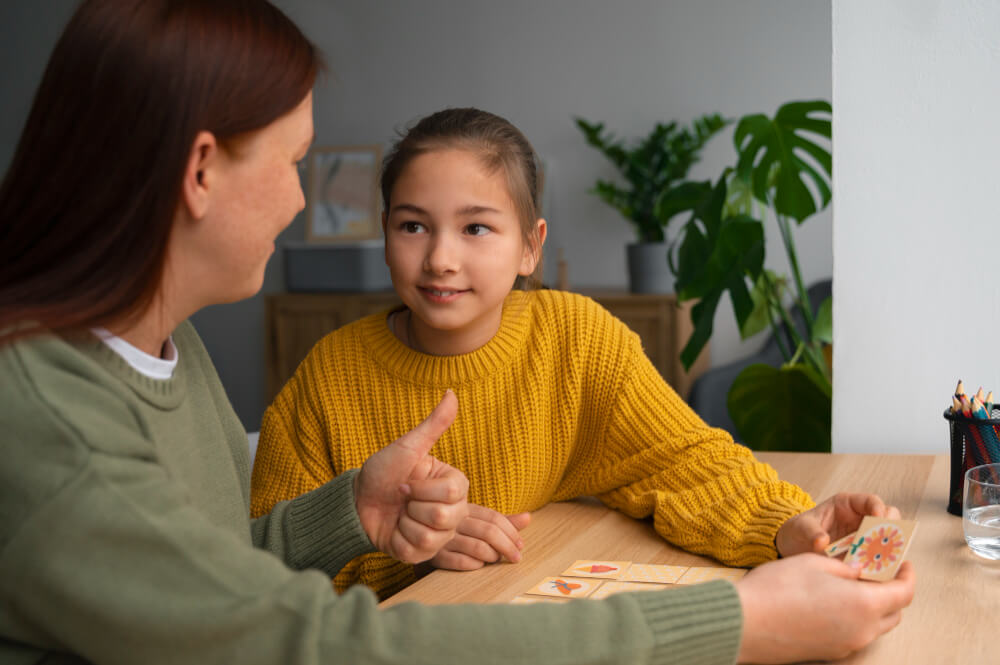Key Points
- Play therapy is a type of support aimed at promoting the development of children by helping them express their thoughts, explore their emotions, and process certain events in their lives.
- Children who are exhibiting problematic behaviours or are experiencing emotional distress can benefit from play therapy or support from a psychologist.
- Play therapy can also help children overcome developmental issues or process traumatic experiences in a healthy manner.
- Therapists commonly rely on different play techniques and activities to create a safe and supportive environment where children can express themselves and process their thoughts and emotions.
Summary
Play therapy creates a safe and welcoming environment that encourages children to open up and explore their thoughts and emotions. Through this type of therapeutic support, therapists are able to help children manage and overcome problematic behaviours, emotional distress, and traumatic experiences.
Outline
Play therapy is a type of therapeutic support designed to assist the development of children by encouraging them to express their thoughts, explore their emotions, process certain events, and handle different emotional and psychological challenges. Through play activities, this approach leverages the way children naturally learn and communicate to improve their development.
This approach works by providing children with a safe and supportive environment where they can openly explore their feelings. This is done through a variety of play techniques such as role-playing, arts and crafts, games, and storytelling.
How do I know if my child would benefit from play therapy or seeing a psychologist?
Problematic Behaviours
Problematic behaviours are behaviours that your child engages in which detrimentally impact them or others. This includes aggression, socially disengaging or isolating themselves, school refusal, high levels of screen time, or withdrawing from activities they used to enjoy.
Reverting to behaviours from an earlier developmental stage like sucking their thumb or wetting the bed may also be indicative of an underlying emotional or psychological issue that can be addressed through play therapy.
Emotional Distress
Aside from how they behave and act, it’s also important to observe your child’s emotional state. Frequently crying without apparent external triggers, excessively worrying about minor issues, lack of enthusiasm, and persistent sadness are all considered signs of being emotionally distressed.
Traumatic Experiences
Experiencing a traumatic event can have a profound and often lasting impact on a child’s development and wellbeing. For children, trauma can be triggered by various experiences such as parental separation, abuse, or the death of a family member, friend, or pet. Going through major changes like going to a different school or moving to a new home can also be traumatic for kids.
Through play therapy techniques, kids can open up about how these changes have affected them and learn effective emotional regulation and coping skills.
Developmental Issues
Play therapy is also designed to help kids with learning disabilities and developmental delays. These can include delays in speech and motor skills, difficulty socialising with others and making friends, and challenges in learning how to read, write, or process new information.
The structured and supportive environment of play therapy can help kids develop social skills, improve communication and cope with frustration and anxiety.
What your child can expect from a play therapy session
The therapist may engage in play activities such as playing with dolls or figurines, art and craft, sand play, and various games. The objective is for the child to have fun while being encouraged to open up about anything that is troubling them. Through play, the therapist can teach the child various skills to cope with situations and relationships that have been causing distress for the child.
Our practice in Eltham, Victoria has rooms designed for play therapy where your child can engage with a child psychologist in a fun and non-formal way. Our therapists know how to put children at ease and will work with both you and your child to address your concerns.
If your child has a particular activity or game they enjoy, you can discuss this with the reception team or therapist, either prior to commencing sessions or during your meeting with the therapist.




